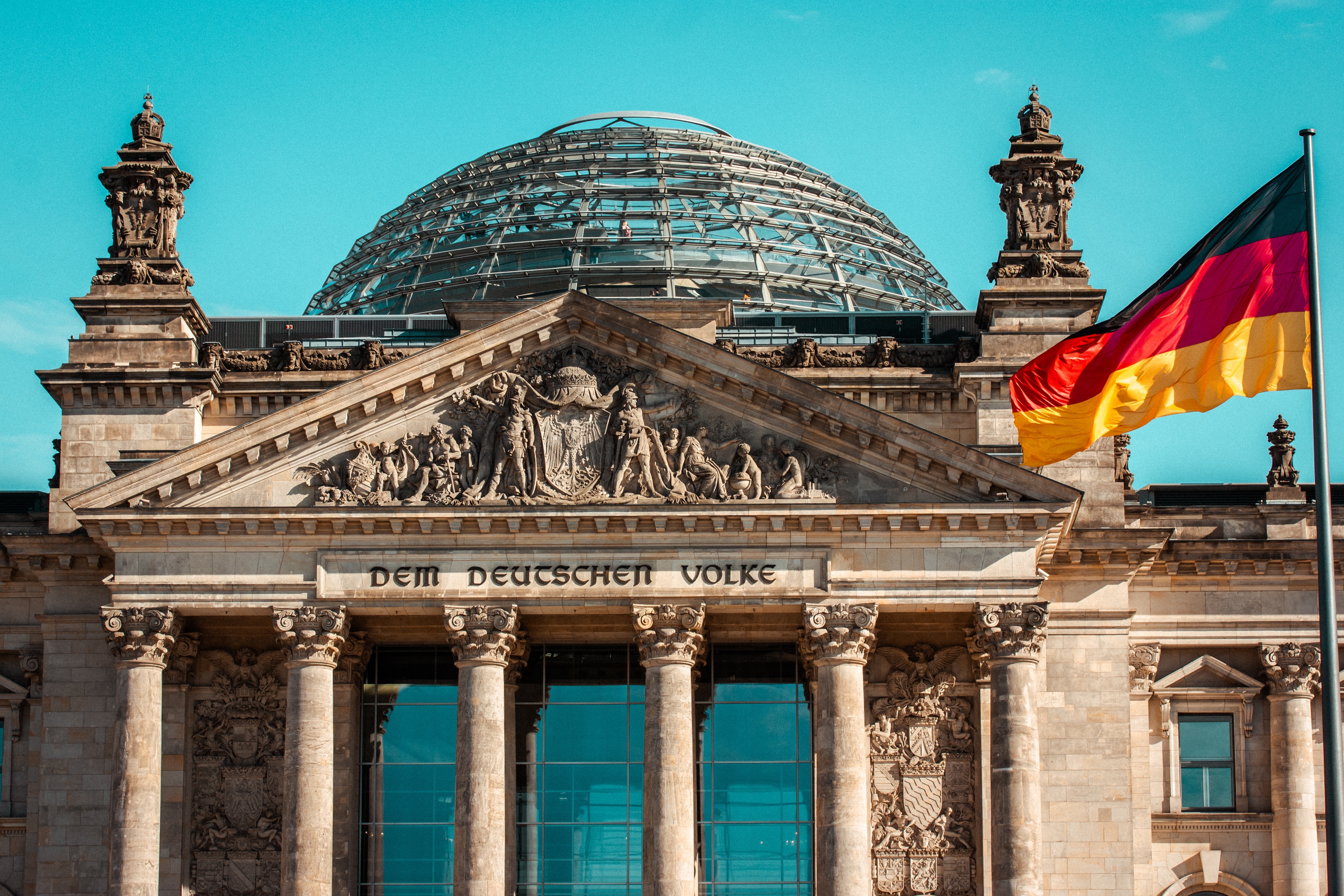It has shown resilience
Richemont saw an improvement in the second half of fiscal 2025, which was reflected in sales for the last three months of the year, which rose 8% year-on-year, continuing the further growth from the previous quarter. For the full year, this brought total sales to €21.4 billion. The company saw a decline in operating profit, which was €4.5 billion. This was a difference of 7% compared to €4.8 billion in 2024. Profit from continuing operations was 1% lower at €3.8 billion, while the company's overall profit was up 17% to €2.8 billion. The loss also increased by 5 million to €792 million.
Jewellery as a driving engine
The individual segments showed mixed results in the period under review, but Jewellery and 'Other' were the drivers. Sales of jewellery houses, which include luxury brand Cartier, for example, grew by 8% and surpassed the €15 billion level. This performance can be attributed to the company's good cost and pricing set-up. The 'Other' division, which includes fashion houses such as Alaïa and Chloé, saw a 7% upward change on last year with sales of €2.8 billion. By contrast, the Speciality Watchmakers segment's sales fell 13% to €3.3 billion.
Almost all regions contributed to the strong results, recording resilience and strong growth. Japan was the standout performer, with sales up 30% to €2.2 billion. The US followed with 15% growth and sales of €5.2 billion, while the Middle East and Africa added €1.9 billion with 14% growth. In Europe, sales reached €4.9 billion, up 11%. The reverse was true for Asia-Pacific, where sales reached the highest level of any region at €7.1 billion, but were down 13%.
Hermés maintained its momentum
Looking at the competition, rival Hermés performed similarly positively in the first quarter of 2025, posting a 9% year-on-year increase in sales to €4.13 billion. The leather goods segment contributed the most to this growth with 10% growth, followed by the clothing and accessories division with more than 7% and silk and textiles with 4.5%. The opposite scenario occurred for the watch segment, which fell by 10%. Axel Dumas, Chairman of the Board of Directors, praised the company's performance against a backdrop of challenging geopolitical uncertainty, which he attributed in particular to its quick recognition of customer needs. The exclusivity of the brand and its Birkin handbags and its unique approach to customers also contributed to the performance. Hermés also showed excellent performance in terms of individual markets, with double-digit growth in geographies such as Japan (17%), Europe (12.7%), led by France (14%) and the US (11%). In contrast to Richemont, Hermés also maintained its growth in Asia, where its sales grew by 1%.
The others slowed down
While some brands are able to excel and continue to grow in a challenging environment, others are struggling with a noticeable downturn, as exemplified by giants such as LVMH and Kering. The former posted a slight 2% fall in first-quarter sales to €20.3bn, with the fashion, leather goods and alcoholic beverages segments showing disappointing performance. Watches and jewellery were the only pillars of growth. Kering's decline was more pronounced at 14%, with sales falling below the €4 billion mark. The negative trend was reflected across all key regions, including Japan, which is often a stabilising factor and saw sales decline by 11%. Despite these figures, companies are declaring their willingness to respond to changing conditions and invest in a return to growth.
Conclusion
Although the luxury sector is facing a challenging period, Richemont is proving that it is possible to achieve steady growth thanks to a strong brand portfolio, investment and adaptability. The company's results highlight the growing imbalance between market leaders, while also highlighting that success in luxury is no longer a given, but the result of a well-thought-out strategy.




